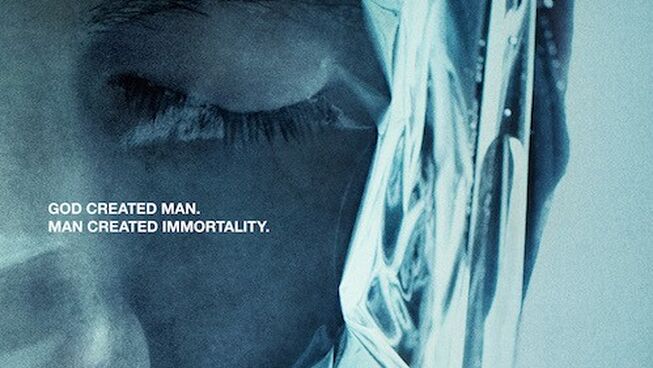
2.5 out of 5 stars
Short Take: The phrase comes from the film industry, originally, and it means a short bit of recording or “something that only takes a short time,” especially if a longer version may be done later.
Short Take review: A short review of a film with potential discussion points
Summary: Cassie (Victoria Justice) and Lisa (Midori Francis) have been friends since their early days of primary school. Despite being total opposites, they continue to enjoy their lives as friends. Until Cassie’s 25th birthday, when their differences cause them to fight and consider ending their long-standing friendship. Yet, this was not the most significant thing that would happen on that night, as this is the fateful end to the party girl’s life. She finds herself in the way-station between the good and the bad place of the afterlife. She is met by her eternal handler, Val (Robyn Scott), who gives her the assignment of making things right between her and Lisa and her parents. Cassie is given five days to make amends in these relationships or she may be issued a ride on the misery elevator downstairs.
Short Take: There was little hope for this misguided tale of eternity with a formulaic premise and an extensive cast of television actors. Each character is set up as a caricature of the typical players for a life lesson story arc with a dabbling of karma and romance. Then something unexplainable occurred as the layers were added into each role and the depth of relationships does provide a surprisingly entertaining journey. Even though the theology is questionable and the conclusion remains predictable, Afterlife of the Party does improve as it progresses. Within the rom/com blueprint, there are a few tears, multiple laughs and it does provide a harmless choice to watch with friends on the lounge over the weekend.
REEL DIALOGUE: On the theological front, Stephen Herek (101 Dalmatians) proves that he is trying to appeal to every world religion with this comical depiction of life after death. The emphasis of Carrie Freedle’s screenplay is steeped in Buddhist traditions with a dabbling of other faiths. No one should come to this film as a lesson in eternity, but it does open the door to considering what happens after we die.
In the final analysis, the producer's intentions were meant to be solely entertaining and provide an interesting view of the grieving process. Their intentions were to help the healing process by giving simplistic answers to life’s bigger questions, even though they leave many more queries than answers. The difficulty is that the essence of the good news gets wrapped up in a feel-good message that misses the primary target mark. Interestingly, the film does show that life is a beautiful mess, even though the answers this film offers are less than satisfying.
If you are grieving at this point in life, here is one of the best books on the subject of suffering:
If I were God, I’d End All the Pain: Struggling with Evil, Suffering and Faith by John Dickson






